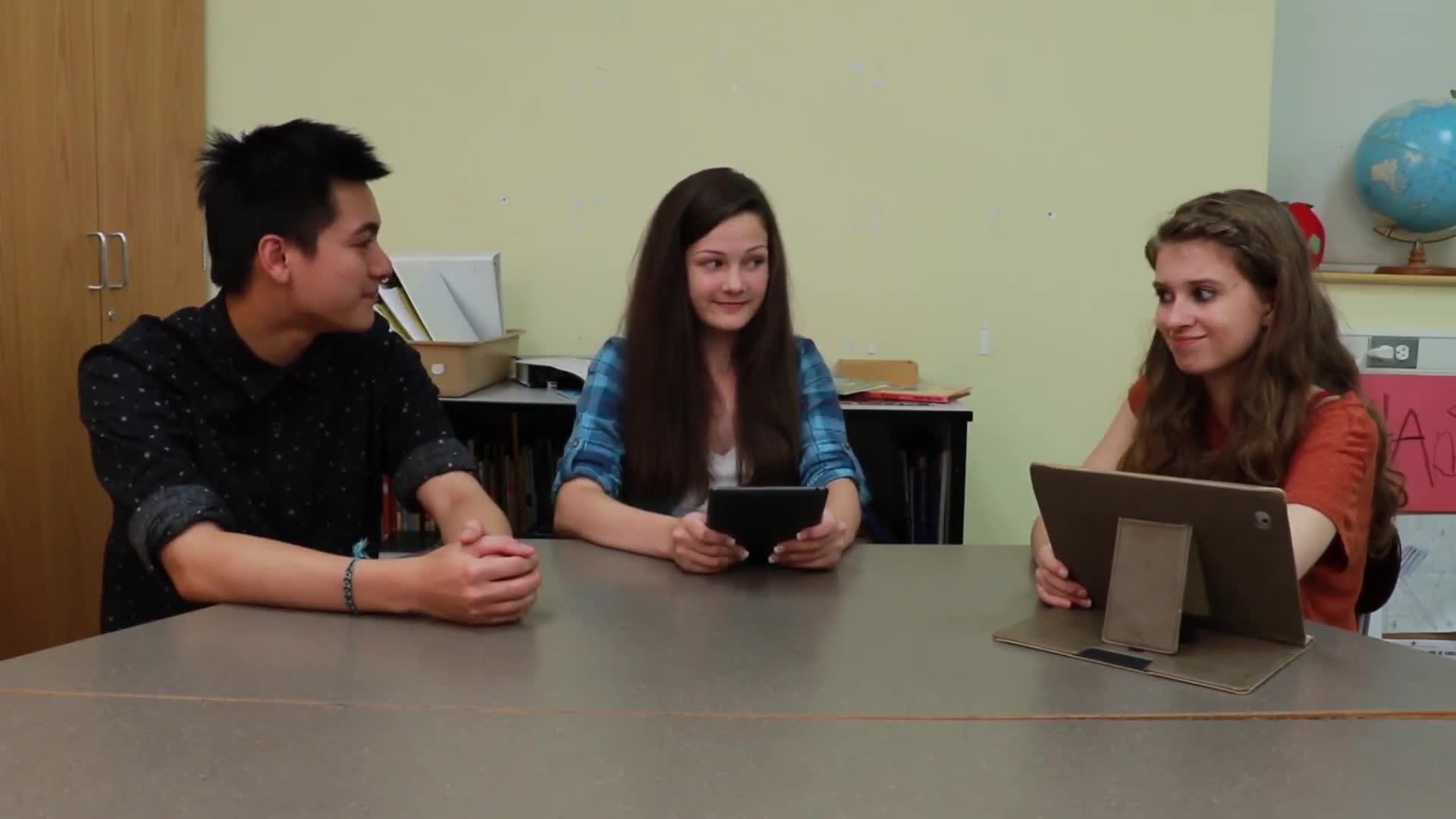
Developing strong conversation skills is crucial for the success of kindergarten students in special education settings. The ability to engage in meaningful conversations contributes to the development of essential social and emotional skills, fostering a positive learning environment and promoting overall wellbeing.
Understanding Conversation Skills
Conversation skills encompass a range of abilities that enable students to initiate, maintain, and conclude engaging and interactive dialogues. These skills play a significant role in enhancing students’ learning experiences, fostering healthy social interactions, and promoting emotional wellbeing.
The Role of Specialists
Various specialists support the development of conversation skills in kindergarten students:
- Speech-Language Pathologists help students improve their verbal and non-verbal communication abilities, enabling them to express themselves clearly and understand others.
- Social Workers provide strategies for enhancing social interactions, promoting positive relationships, and addressing any barriers to effective communication.
- Psychologists assess and address any underlying cognitive or emotional factors that may impact conversation skills, offering tailored interventions and support.
- School Counselors guide students in developing self-awareness, self-regulation, and empathy, promoting effective communication and meaningful connections with others.
IEP Goals for Conversation Skills
Develop SMART IEP goals to improve conversation skills in students:
- Goal: The student will demonstrate active listening by maintaining eye contact, facing the speaker, and providing appropriate verbal and non-verbal responses during conversations.
- Strategies/Activities: Role-play, listening games, and guided practice in small group settings.
- Goal: The student will initiate and maintain conversations by asking relevant questions, making connecting comments, and showing interest in the topic.
- Strategies/Activities: Social scripts, conversation starters, and practicing open-ended questions.
- Goal: The student will recognize and avoid conversation stoppers, allowing conversations to end naturally and appropriately.
- Strategies/Activities: Identifying conversation stoppers, practicing turn-taking, and discussing appropriate conversation endings.
Implementing and Measuring Progress
Implement these goals by collaborating with specialists, providing explicit instruction, and offering ample opportunities for practice. Measure progress through data collection, observations, and regular check-ins with the student and team members.
Conclusion
Effective IEP goals for conversation skills are essential for promoting the overall success and wellbeing of kindergarten students in special education settings. By implementing these goals and collaborating with specialists, educators can make a significant impact on students’ social and emotional development. Explore more resources at Everyday Speech Sample Materials to support your students’ growth in conversation skills.





